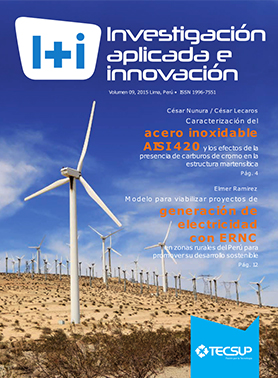Effectiveness of Problem-Based Learning in Academic Achievement Physics Course
DOI:
https://doi.org/10.71701/3jj22r79Keywords:
Problem-based Learning, Academic performanceAbstract
The present article shows the efficiency of the learning based on problems (ABP) in the academic performance of the course of Physics, specifically how the learning arises across the experience. For it, the existing methodologies were adapted on ABP in order to generate six methodological offers originated in specific situations of the profession, which developed during an academic semester. The impact of the ABP was demonstrated on having concluded the above mentioned period, across the application of the test not paramétrica of Mc-Nemar, with a confidence level of 95 %. One concluded that the ABP turned out to be highly effective, especially in the highest levels of academic performance, which are of application and analyses, in which they found substantial differences with regard to the group of control. On the contrary, in the area of comprehension did not observe such a difference, which indicates that the application of the above mentioned methodological strategy with regard to this capacity is not interesting for the teacher. This investigation contributes with a program that relies on instruments that they measure the comprehension, application and analysis of the beginning of the classic physics in the students of the course of Physics. Likewise, a guide of fieldwork provides with guidelines of employment for the course of Physics in the top level, and examples for his later use.
Downloads
Downloads
Published
Issue
Section
License

This work is licensed under a Creative Commons Attribution-NonCommercial 4.0 International License.


